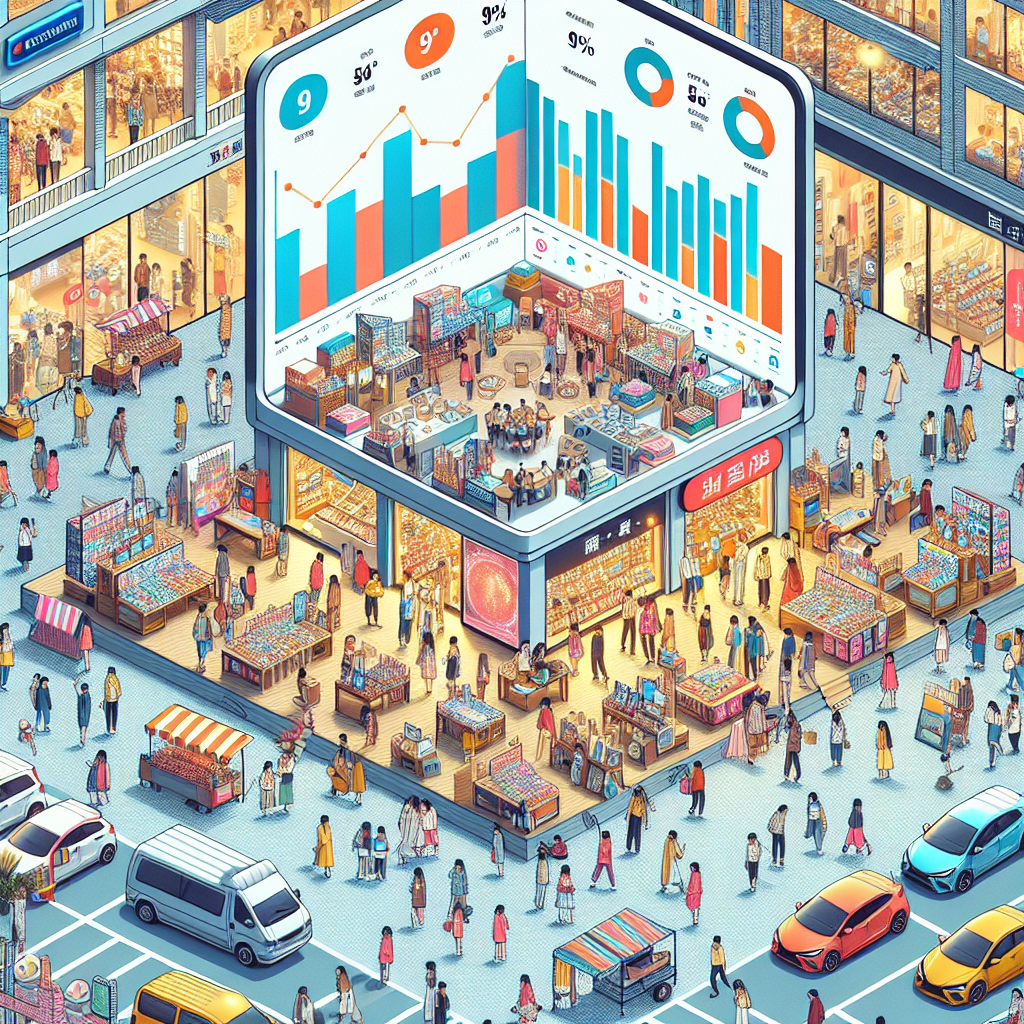A report released by market research consultancy firm Counterpoint Research on Wednesday, November 20, revealed that during this year’s “Double Eleven” shopping festival in China, the sales of Chinese smartphones dropped by 9% compared to the previous year. Due to intense competition during the shopping festival, Apple’s iPhone sales saw a double-digit decline.
The latest report from Counterpoint Research compiled sales data from October 28 to November 10 during the “Double Eleven” shopping period. It indicated a double-digit decrease in iPhone sales for Apple. The company faced pressure from competitors launching a plethora of flagship phones both before and during the shopping festival. However, the iPhone 16 Pro and iPhone 16 Pro Max were the best-selling models during the two-week shopping event.
Apple’s main competitor in China, Huawei, saw a 7% increase in sales due to significant price reductions in their Pura 70 series, Mate 60 series, and Nova 13 series.
Xiaomi experienced a 6% year-on-year decrease in sales, while Honor’s overall sales plummeted by 15%.
The “Double Eleven” shopping festival is one of the largest sales events in China each year. Counterpoint Research mentioned in the report that, aside from Huawei, major Chinese original equipment manufacturers (OEMs) all released their latest flagship products before the shopping festival to capitalize on the sales opportunity. Last year, only Xiaomi released flagship phones early, which to some extent impacted the sales of older models.
Despite promotional activities, the sluggish Chinese economy dampened consumer enthusiasm for spending. The report highlighted a 9% year-on-year decrease in Chinese smartphone sales during the two-week “Double Eleven” shopping festival.
Chinese e-commerce platforms like Alibaba and JD.com did not disclose sales data from the shopping festival. They abandoned this practice in 2022.
Apple’s sales performance during the “Double Eleven” shopping festival underscored the increasingly fierce competition the American company faces in China, especially from Huawei.
In addition to competitive pressures, Apple faces additional hurdles in China, including restrictions from government entities on using iPhones. The Chinese government has been promoting the purchase of Huawei phones by state-owned enterprises and government institutions.
In September last year, U.S. media reported that the Chinese government expanded the ban on iPhone usage to government-supported institutions and state-owned enterprises. Some Chinese institutions have instructed employees not to bring iPhones to work.
During the annual parliamentary sessions in March this year, the suppression of Apple by the Chinese government seemed to be confirmed. Over a dozen attendees reportedly told the Financial Times that they used Chinese brand phones. Representative Li Yanfeng from Guangxi stated that she uses a Huawei phone and emphasized that using domestic brands was a “unified requirement”.

